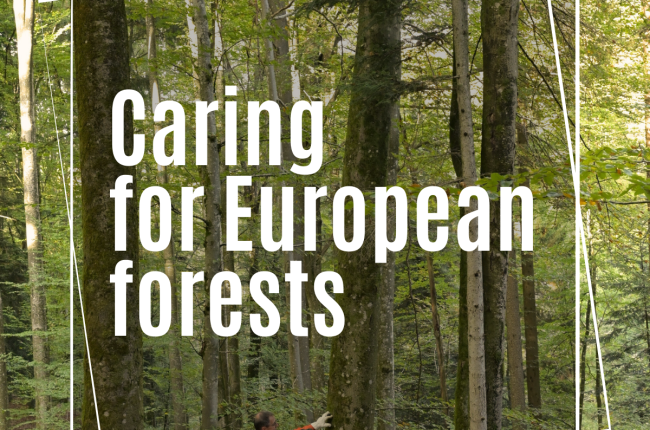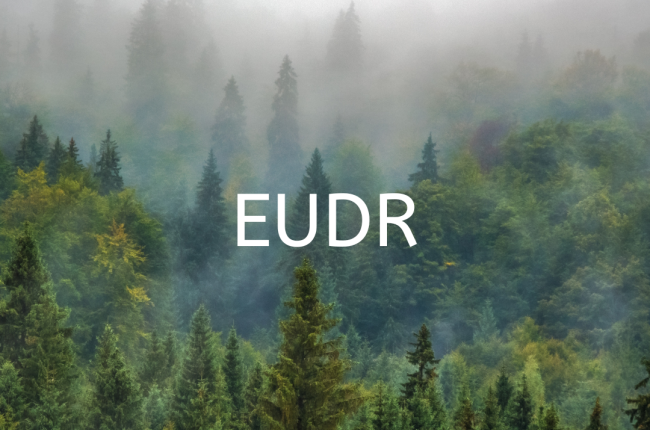Biodiversity conservation is part of daily management activities by European forest owners. The new Biodiversity Strategy overlooks this work and related achievements done so far in the European forests and as such misses to acknowledge the positive role of forest owners. Instead, it presents binding targets with unanswered questions, among them the lack of clear and agreed definitions, the absence of consideration of dynamic developments related to climate change, the social and economic impact of targets as well as proper financial tools to achieve them.
The principle of sustainable forest management, which is the backbone of all forestry related operations, should rather be seen as an opportunity to continue providing practices that safeguard the biodiversity in view of the climate change impact while ensuring that other multiple ecosystem services provided by forests can be delivered in a balanced way. “Active and sustainable forest management maintains our forests healthy and resilient. So far, we see this fact as well as the holistic approach to multifunctional forests missing in the new Strategy,” commented Fanny-Pomme Langue, CEPF Secretary General.
The new EU Biodiversity Strategy will need to see nearly sixteen million European private forest owners responsible for managing about sixty percent of Europe’s forest area as partners, since they are the custodians of biodiversity in their forests. Trust and cooperation with the forest owners, that has proven to be an indispensable element to the success of the Natura 2000 network, should therefore be at forefront of this Strategy’s implementation.
The new Strategy plans to develop the future guidelines related to sustainable forest management in parallel with the EU Forest Strategy post-2020: ”We call on the European Commission to include and produce these guidelines under the Forest Strategy and not alongside, acknowledging the regional differences in landscapes and habitats and in full respect of the ownership rights, guided by best and voluntary practices and in broader range than biodiversity alone,” Ms. Langue added.
CEPF will carefully study the updated Strategy and will engage in a solution-oriented dialogue with the EU institutions and other stakeholders.




